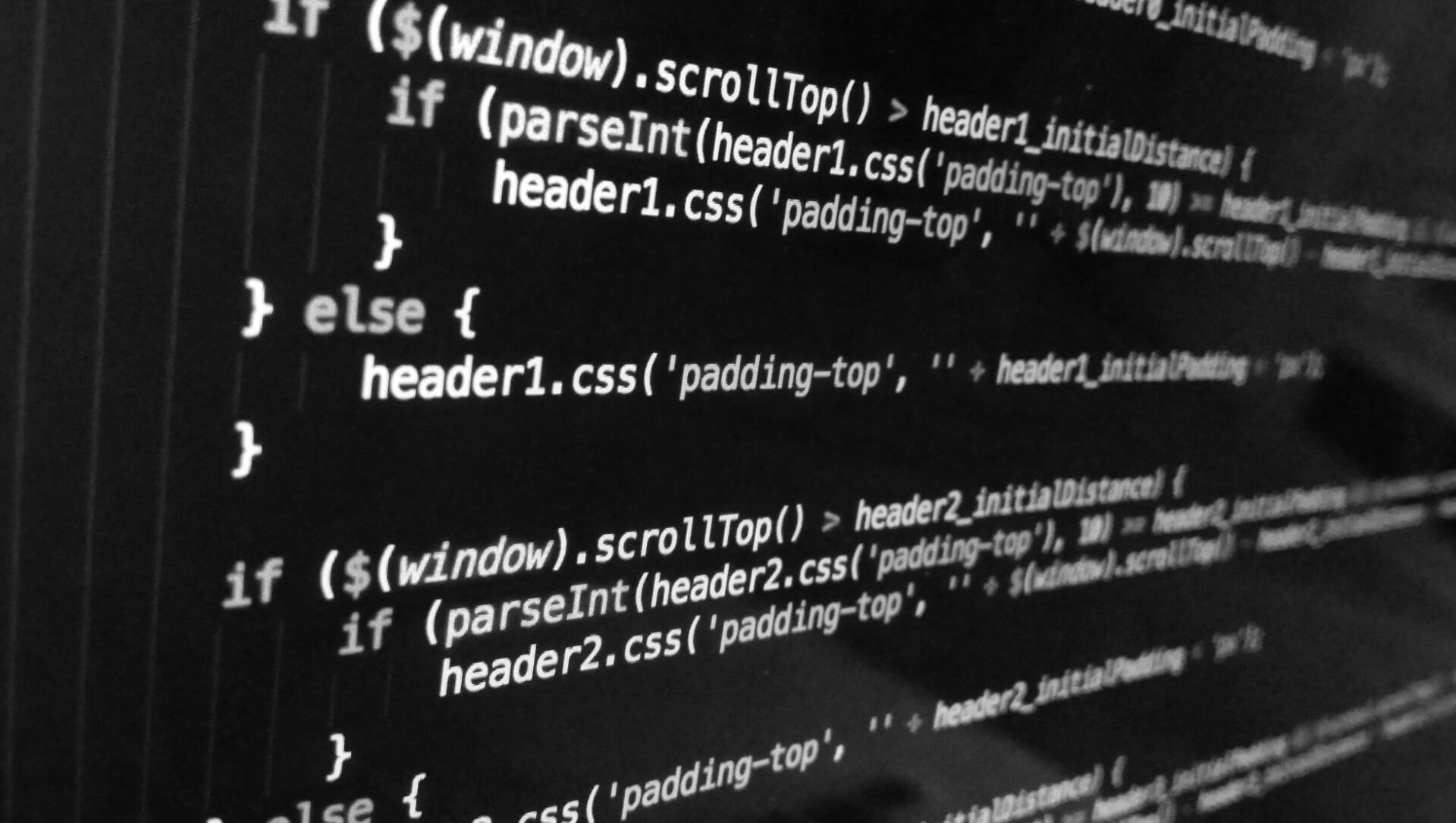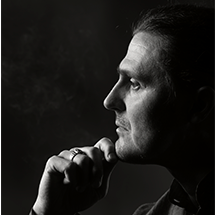Choice of measure
Crisis can be defined as a turning point, when the old system collapses, the means and methods used up to now no longer work, and new ones have not yet been developed and launched. The prerequisites for a crisis are gradually formed and accumulated over a long period of time, then the old is quickly broken down, after which a sufficiently long time is required for the formation of new systems and connections. Thus, a crisis differs from a momentary accident or failure, which means that the task of any entity that finds itself in a crisis is to ensure its survival by either developing a strategy or trusting a party of a higher-level or a greater scale and not hope that the situation will be resolved within a few weeks.
Since we are looking for a solution for an individual company, as the most vulnerable entity in terms of energy risk, there are three options for approach, depending on: 1) whether the company is state-owned; 2) significantly depends on the state as its main customer; 3) or is more dependent on its clients and not on the government.
If the company is state-owned, it should accept the decision of the state as a higher entity and not engage in independent development of a strategy for overcoming the crisis. A company partially dependent on the state will have a choice — either to trust the government, or to take care of its own survival. A completely independent company should least of all rely on government assistance in this matter, as something that it cannot control, and take full responsibility for its own destiny instead.
This publication is addressed primarily to self-reliant business owners and aims to show the best and most natural course of action that allows them not to get distracted in their decisions from the main problem and not to rely on outside help or on spontaneous solutions that might seem simpler at the first glance.
Moreover, the energy crisis itself, like the food crisis, is an extraordinary phenomenon that can only occur when the world's supply with its global supply chains is disrupted. Knowing this, it is necessary to look for the root cause no lower than at the supranational level — where this problem is practically not felt and is just conceptual. The mere statement of this fact will already help to realise that at the global level no one will be particularly worried about individual companies. This is just another confirmation of the thesis that an individual company has little chance to wait out such a crisis, and it needs to rely only on itself.
To solve this problem, a systematic approach is needed, otherwise, business owners will have to resort to intuition, while trying not to succumb to illusions and emotions, which is quite a difficult task due to the lack of experience in solving such problems in the past. For this reason, they are encouraged to interact with professional consultants. The most effective of them will be those who are able to realise that there can be only one optimal strategy for overcoming a crisis, and a systematic approach is needed to define it. In addition, only a consultant who has the proper analytical tools, based on which he can offer his client the right solution, deserves the trust of a client.
It is quite logical to ask the question, what the proper analytical toolkit in the situation of the crisis, deformation of values and postulates could be on which the previous concepts and development strategies were based?
LiveDevice proposes the use of a system of steady, or unchanging, measures of the human body inherent in its nature.
The complete system of human measures includes three levels:
- Eternal measures;
- Natural measures;
- Social measures.
Eternal measures are universal and applicable at all times. Their examples are: four principles of management — hierarchy, centralisation, decentralisation and equality; three aspects of all that be — essence, content and form; three planes of existence of a human being — higher, inner and outer; two origins — spirit and matter, or male and female, and the like.
Natural measures are systems that exist in nature. They are reliable enough to be used as a guidance, as they rely on the intelligence of nature, which is always optimal. Acting in the same way as does the natural system that we have chosen as a measure, we will be able to solve the problem of the system we are studying. In principle, any non-man-made phenomena, structures and beings can serve as examples of such measures.
Social measures are nominal and therefore volatile units of measurement — kilograms, kilometres, kilowatts, litres and the like, as well as adopted state laws, administrative rules and public formats prescribing or recommending, if necessary, to refer to reference books, to certain official services or to certified specialists for the correct interpretation of these social measures.

The current trends to enhance the integration of informational, financial and product flows throughout the whole SCM chain promise great opportunities. How to choose those with the highest priority?
